How plants help us process trauma
In her book The Well Gardened Mind, gardener and psychiatrist Sue Stuart-Smith explores how being around plants can help soothe the human brain
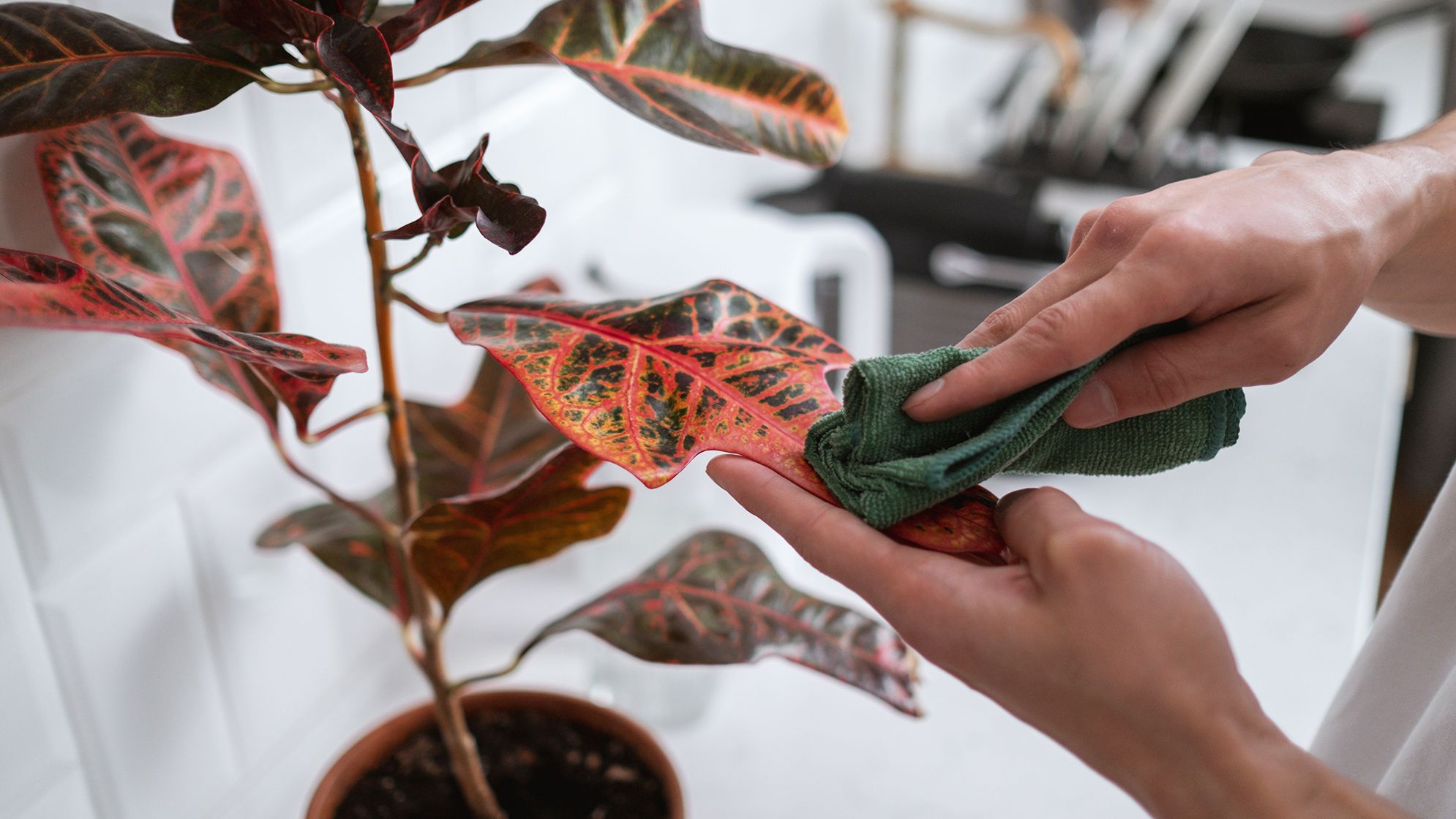
The start of this decade has been unusually difficult for everyone. For many people, plants, both indoors and outdoors, have become a source of solace in uncertainty. There is something within us that instinctively craves closeness to nature in times of stress. But why? In her bestselling book The Well Gardened Mind: Rediscovering Nature in the Modern World, gardener and psychiatrist Sue Stuart-Smith seeks to rigorously answer that question.
The Well Gardened Mind was released in April 2020, just as COVID-19 was taking grip of the world. Stuart-Smith never intended her book to come out during a pandemic. She started writing it five years ago, when she realised how much her garden had helped her through difficult times.
She writes in the book about losing her father years ago, when he was in his 40s, and how she started spending a lot more time in her garden. Growing plants became a way to steady herself when life got rocky. “I didn’t really articulate it to myself until about six years ago... and then I realised I’d been thinking about it under the surface for a long time,” she says. “Whenever the future is anxious or uncertain, nature’s regenerative powers are stabilising.”
Stuart-Smith says the basis for our attachment to plants is primal, embedded within us from the early stages of evolution. “The way our hunter-gatherer ancestors related to the world was as much about the non-human elements of the world, including plants, as it was about humans,” she says. “They couldn’t survive if they didn’t develop a close understanding of plants and other animals.”
That affinity for plants is still within us. It’s scientifically proven that the colour green is restful to people, because it makes us feel safe. “All the evolutionary explanation for biophilia [the love of plants] is that green vegetation and flourishing landscapes were a signal that you were in a place that would sustain life.” The sight of healthy green life tells our brain that we are somewhere we can thrive.
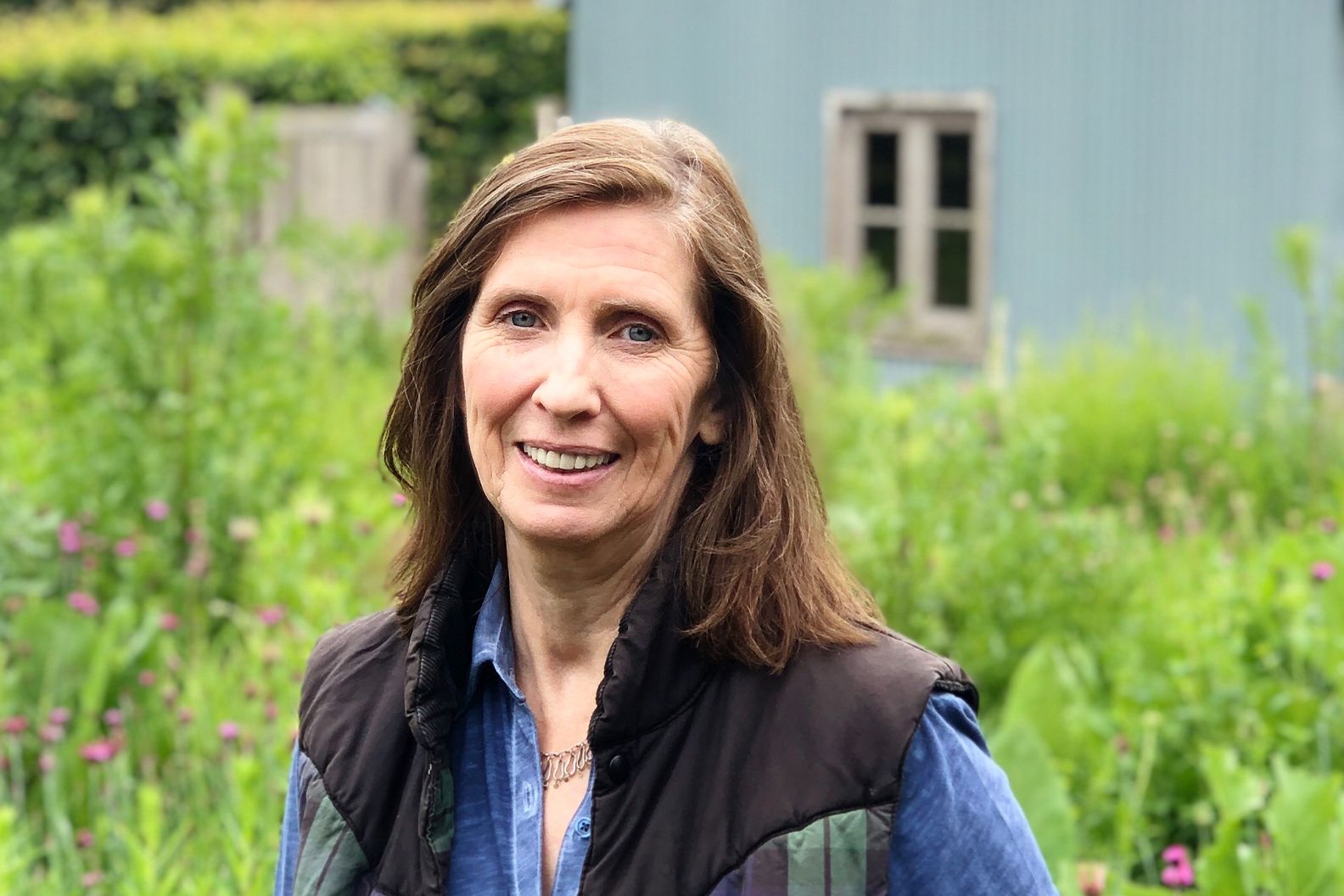
In writing her book, Stuart-Smith met with many different plant-lovers, from inmates tending prison gardens, to people using plants as a method for alleviating depression, to people working in community gardens. Many of them had never given any thought to plants until they were introduced to gardening, but they all found they benefited their mental health.
“When I talked to the prisoners on Rikers Island (a jail complex in New York), for them gardening was a chance to enter into a nurturing relationship. They’d never had a nurturing relationship that had been good. They’d grown up in disadvantaged communities with a lot of violence...Working with plants is a less complex form of care than human care.”
A key thing Stuart-Smith identified was that plants help us process pain and sadness because they are alive but have no feelings of their own. There is a sort of emotional neutrality to plants, which calms us. There is, she says, “no risk a plant will say the wrong thing.”
And of course, plants exist on their own terms. As Stuart-Smith succinctly puts it, “the pace of life is the pace of plants... Caring for a plant forces us to exist in the moment.” You cannot rush a plant into flowering or growing new leaves, you can only encourage it. It will always move at its own speed. When so many things are out of our control, plants show as that life goes on and beautiful things will still happen, in their own time.
The Well Gardened Mind: Rediscovering Nature in the Modern World is published by Harper Collins (RRP £20). It is also available as an audio book.
You might like
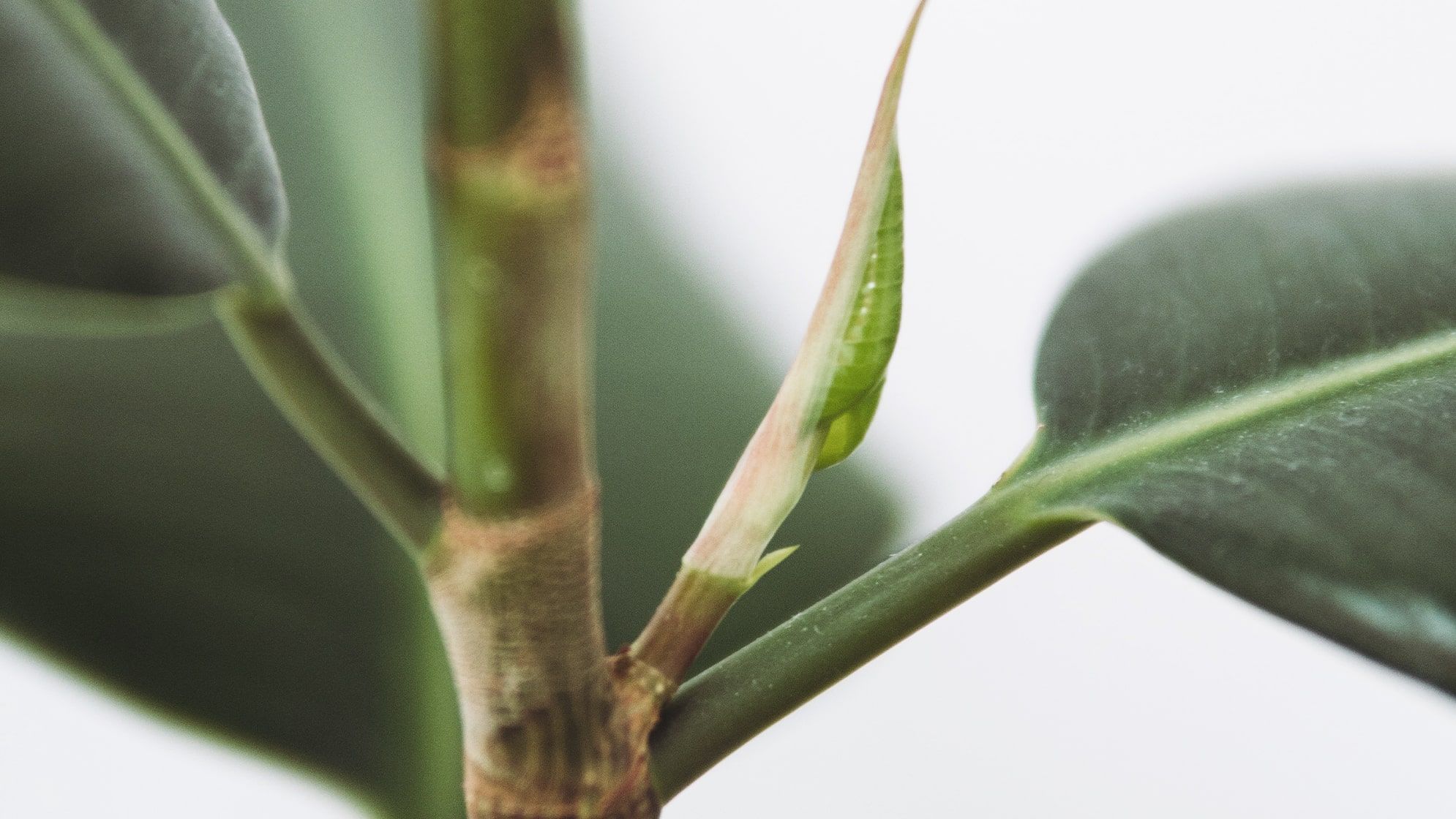
How to care for your houseplants in spring
Ready, Set. Grow. It’s your plants’ favourite season
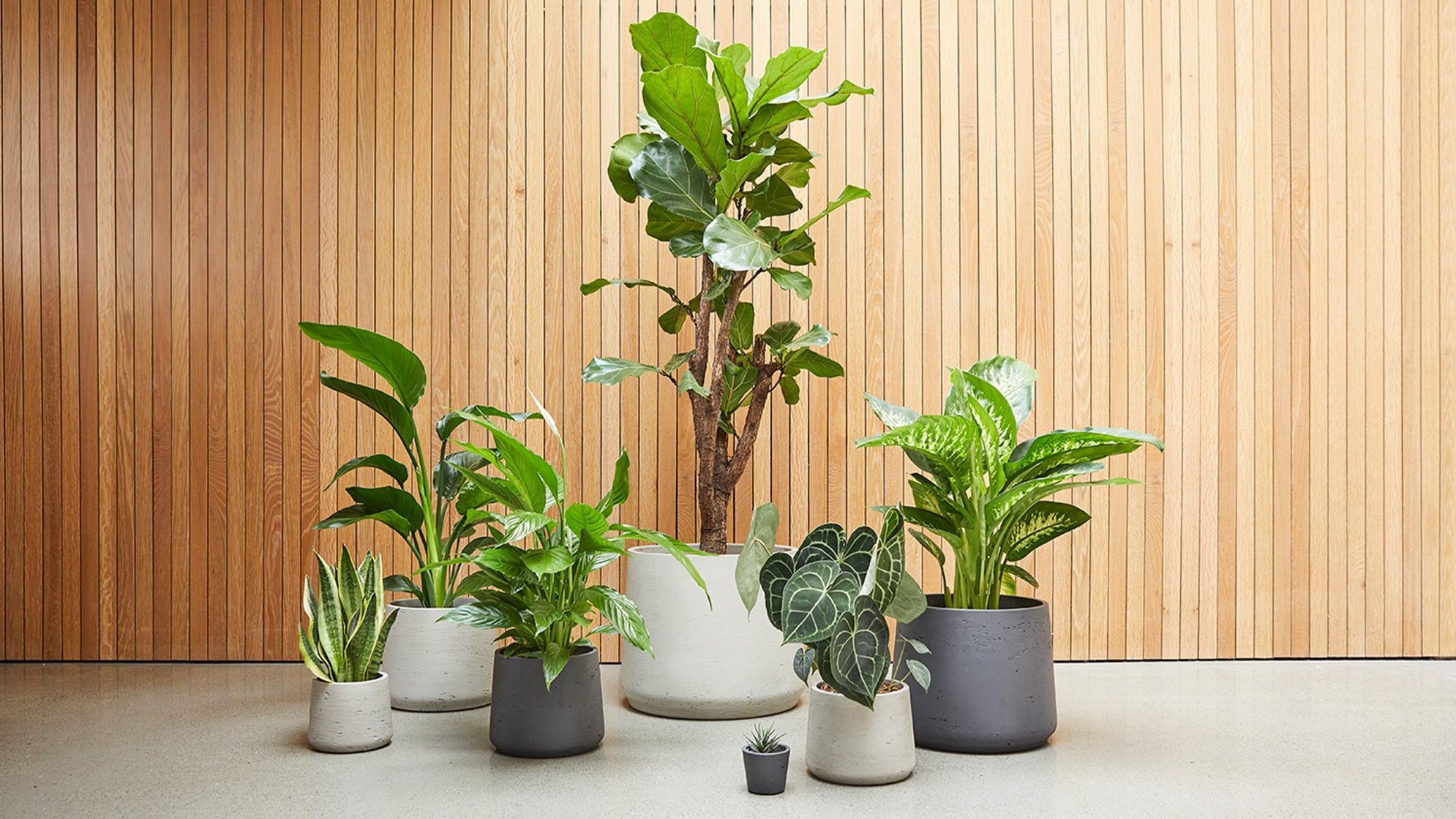
How to pot your plants
No need to get your hands dirty
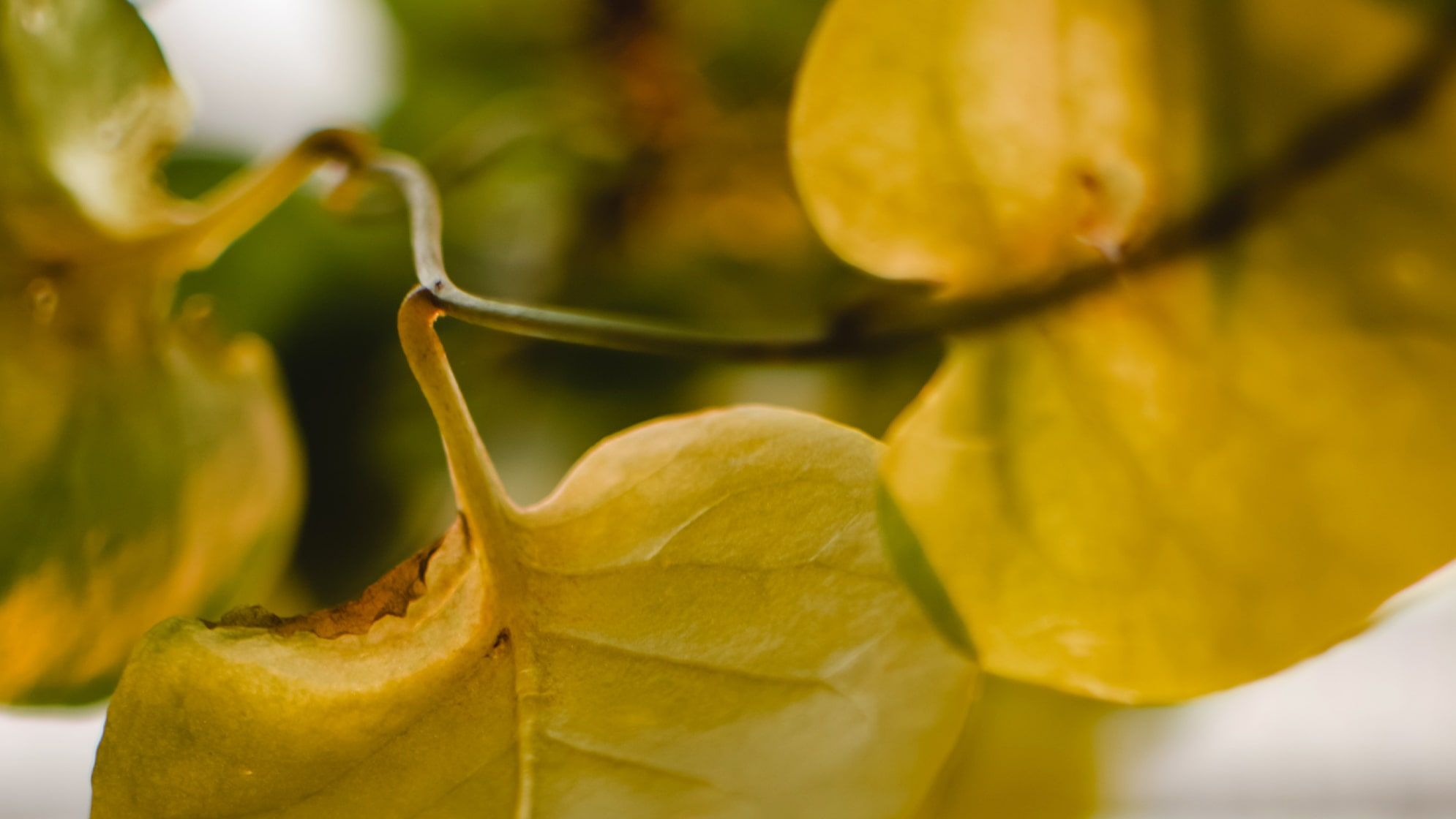
Why does my plant have yellow leaves?
How to spot them, fix them and stop them coming back
